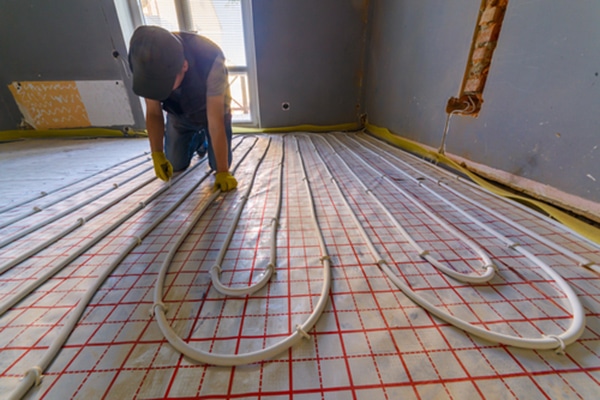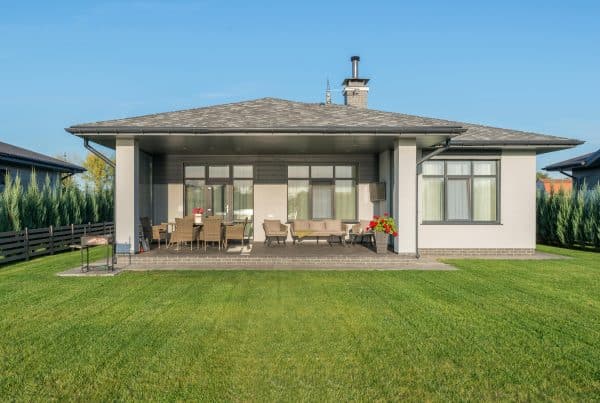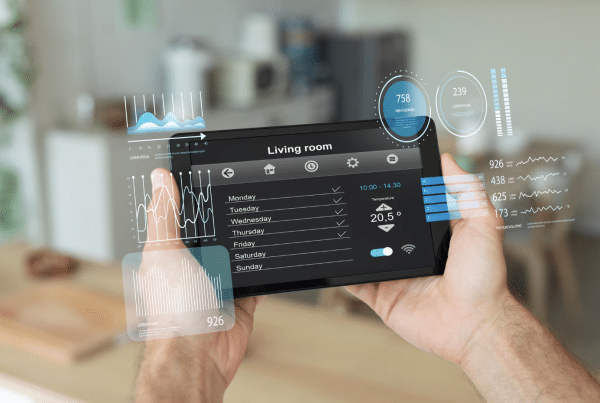Every homeowner will want to make sure that their home heating system is as efficient as possible this winter. Not only will this help you to combat the cold weather, but this could also help to keep your energy usage down at a time when many are worried about how they will afford their energy bills (along with everything else during the cost of living crisis). So, how can you improve your home heating system?
Why Improve Your System
First, it is worth looking at why you should improve your home heating system. Energy prices in the UK have been skyrocketing in recent months due to the war in Ukraine along with rising demand, plus the Government also recently reduced the amount of support that will be available. By improving your home heating system, you can reduce the amount of energy that you use to keep your bills down and ensure that your home is able to retain warmth during winter.
Boiler Maintenance
In order for your system to work efficiently, you need to keep the boiler in the best condition. It is always a good idea to get your boiler serviced before winter to ensure that it is in a good condition and that any issues can be dealt with before the cold weather sets in. A few signs that your boiler needs attention include a lack of hot water, strange noises and strange smells.
Air Source Heating
An air source heat pump is an excellent upgrade for your home and one that could help you to reduce your energy usage to keep your bills down (and reduce your impact). Essentially, these are systems installed outside of the home that use the heat from the air outdoors to heat up your water tank.
Insulation
Insulation is key for making your home more energy efficient and could help you to save a lot of money over a year. Essentially, insulation prevents energy loss from occurring, so you will use less energy to keep your home warm in the winter. There are many different types, including loft insulation, pipe insulation, cavity wall insulation and double glazing.
Bleed Radiators
Often, heating systems are inefficient because the radiators have not been bled for a long time. This can result in air pockets forming in the radiator, which prevents hot water from circulating properly. Bleeding the radiators will ensure that they work as efficiently as possible and will help to keep your energy usage down.
These are the best steps to take to ensure that your home heating system is as efficient as possible. This is always worthwhile doing, but in a time when energy bills and the cost of living are creating difficult situations for many, you want to ensure that your system is as efficient as possible.








